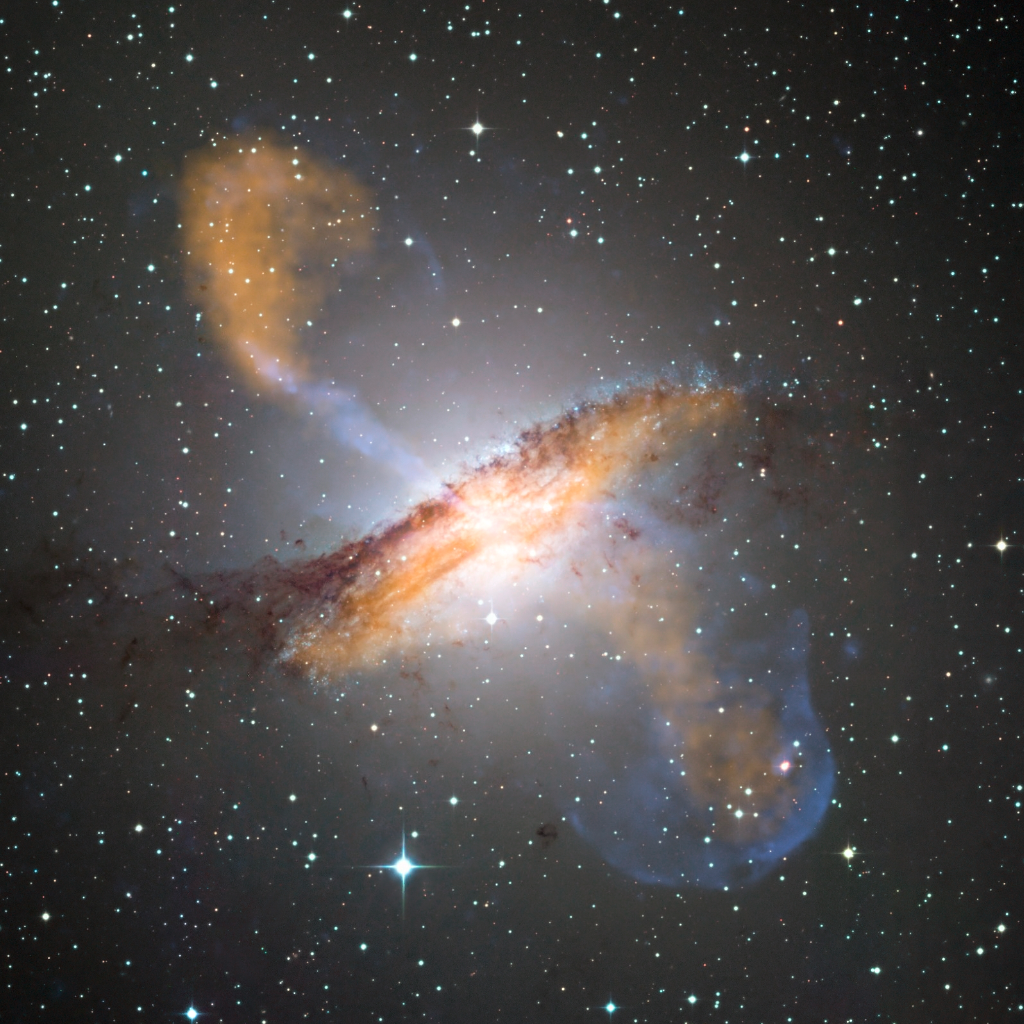Not unique because EU also classifies tomatoes as vegetables.
Is the tomato a fruit or a vegetable?
The classification of fruit and vegetables can be based
on various approaches — botanical, agronomical,
culinary — thus resulting in different definitions. For
example, the tomato is botanically a fruit, but it is
commonly considered a vegetable from both the
agronomical and the culinary points of view.
The facts and figures presented in this briefing follow
Eurostat’s definitions based on the farm management
and agronomical practices, according to which the
term ‘fresh vegetable’ refers to annual (or, rarely,
biennial) horticultural crops, and the term ‘fruit’ refers
to perennial crops.
Following this approach, tomatoes are included in the
main statistical aggregate of vegetables, as well as
melons, water melons and strawberries, which are
commonly considered and consumed as fruit.https://www.europarl.europa.eu/RegData/etudes/BRIE/2019/635563/EPRS_BRI(2019)635563_EN.pdf
This is dumb, botanically tomatoes are a fruit doesn’t preclude them being vegetables because vegetable isn’t a botanical term at all. Tomatoes are fairly sweet but they have more culinarily in common with vegetables. Nutritionally I’m not positive but it’s a separate issue.
Regardless the supreme court decision was regarding tariffs/imports/customs which makes sense to classify it simply by the way in which people consume it. People eat tomatoes as a vegetable, just like we eat zucchini and cucumber as vegetables despite them all also being fruit.
Pretty sure it’s so giving ketchup to school kids constitutes a serving of vegetables.
No that was 90 years later as school budgets were cut further and further until they were using things like pickle relish as a required vegetable. Our public school system is an embarrassment.
Obviously fruit/vegetable should be broken down into whether or not you can just make a sauce with it.
Tomatoes: easily broken0 down into a sauce Apples: guess what? saucable
Zucchini: not easily sauced. Cucumber: don’t even think about it!
Now I really want to try making a zucchini-cucumbersauce
Hilarious but we’re gonna end up with a few weird things like jackfruit and bananas becoming vegetables. I’d also add that apples are only sauceable through maceration which really puts them into the same camp as squash like zucchini, and any root really like carrots or celeriac.

From Mr. Lovenstein whose website unfortunately doesn’t seem to work, except to redirect you to Meta-owned socials. Ugh.
Aren’t strawberries nuts?
And we laughed when some pope declared the capybara is a fish
When… what? 😂
Capybara are fish, so are bees, because fish don’t actually exist.
The levels of validity may vary, but everything I said there is true in one form or another.
That only creates more questions 😅
Botanically, there’s no such thing as a vegetable.
That’s a culinary term, which seems to cover some fruits, some plant roots, some plant stems, some plant leaves, and some plant flowers.While culinary fruits are the other botanical fruits, and a few flowers (figs are weird)
The legal decision is important for a slew of reasons including taxation, SNAP benefits, etc. The decision was less about science and more about the reality of how tomatoes are used in our society.
All fruits are vegetables, but not a vegetables are fruit.
Vegetable = any edible plant part.
Fruit = Ovary of a flowering plant that carries the seeds.
So tomatoes are trans?
I remember watching a YT video once about a legislative move of a US county to declare the number Pi to be exactly 3.
*State. It was Indiana.
* 3.2.https://www.youtube.com/watch?v=bFNjA9LOPsg – How Pi was nearly changed to 3.2 - Numberphile
Vegetables do not exist. Well, they exist as a culinary thing. There’s just no scientific/botanical definition of what makes something a vegetable.
I appreciate the message, but I find this presentation style to be unbearable, like a shitty clickbait version of a TED talk: fast cuts with exaggerated audience reactions, playing hide the ball with the actual information being presented. And then they took what I imagine is a normal studio production designed for normal TV screens and cropped it into vertical video, published on Youtube as a short. Gross.
Tbf it’s a comedy show, it being informative is mostly an accident. This one is rare for being factual and not about why we should nuke the moon or which cartoon characters are invited to the cookout or something like that.
What about Stephen Hawking?
Stephen Hawking is a pile of ash, not a vegetable.
What about him?
Pizza is a salad according to your legal system
That’s a wrap.
I don’t see how the supreme court could do this!
Clearly brown cows produce chocolate milk, so why don’t plants that GROW UPWARDS!!! Count as trees?!?!?!?
The american logic clearly follows a mysterious trend of some sorts…
The Supreme Court was fully aware of the technical term:
Botanically speaking, tomatoes are the fruit of a vine, just as are cucumbers, squashes, beans, and peas. But in the common language of the people, whether sellers or consumers of provisions, all these are vegetables which are grown in kitchen gardens, and which, whether eaten cooked or raw, are, like potatoes, carrots, parsnips, turnips, beets, cauliflower, cabbage, celery, and lettuce, usually served at dinner in, with, or after the soup, fish, or meats which constitute the principal part of the repast, and not, like fruits generally, as dessert.
The attempt to class tomatoes as fruit is not unlike a recent attempt to class beans as seeds, of which Mr. Justice Bradley, speaking for this Court, said:
“We do not see why they should be classified as seeds any more than walnuts should be so classified. Both are seeds, in the language of botany or natural history, but not in commerce nor in common parlance. On the other hand, in speaking generally of provisions, beans may well be included under the term ‘vegetables.’ As an article of food on our tables, whether baked or boiled, or forming the basis of soup, they are used as a vegetable, as well when ripe as when green. This is the principal use to which they are put. Beyond the common knowledge which we have on this subject, very little evidence is necessary or can be produced.”
Nix v. Hedden, 149 U.S. 304 (1893)
So this is how the Supreme Court could do this: they were fully aware but reasonably decided tariff laws should be based on ordinary meaning.
It. GROWS. UPWARDS. IT GROWS UP!!! UP!
I’m going to take this as an opportunity to point out that bees are a type of fish in California.
You weren’t kidding!
California enforces many wildlife regulations. CESA, or the California Endangered Species Act, is designed to keep animal and plant life from extinction. The law covers any threatened “bird, mammal, fish, amphibian, reptile, or plant.”
Insects weren’t mentioned in the specific act’s wording. However, a separate California regulation legally defines fish as “a wild fish, mollusk, crustacean, invertebrate, amphibian, or part, spawn, or ovum of any of those animals.”
So, are bees actually fish? Yes, because all invertebrates are according to California law. The broad definition of fish allows activists to fight for insect survival.
The California Department of Fish and Wildlife has clarified that “It was not believed necessary to include the term invertebrate in the original legislation because ‘fish’ is defined in the Fish and Game Code to include ‘invertebrates’…”Talk about by-the-book!
Good.
Vibe judging.
There are two big grocery chains where I live. One puts the olives in the canned vegetable aisle, the other puts them in the canned fruit aisle. I keep forgetting which does which and end up in the wrong aisle every time.
The fruit classification seems insane to me. Maybe I’m unfamiliar with dishes that use it as a sweet?
Does that store have a separate aisle with canned beans, or is it just one big canned-things aisle?
Botanically, fruits don’t have to be sweet. It’s anything that’s a seed carrier of some kind. Vegetables are other plant parts that don’t contain seeds, more or less. It. Culinary usage takes a different approach, hence the different aisles.
Not sure about beans, I don’t usually buy canned beans.
Treat yourself next time you find them to a jar of kalamatas.














